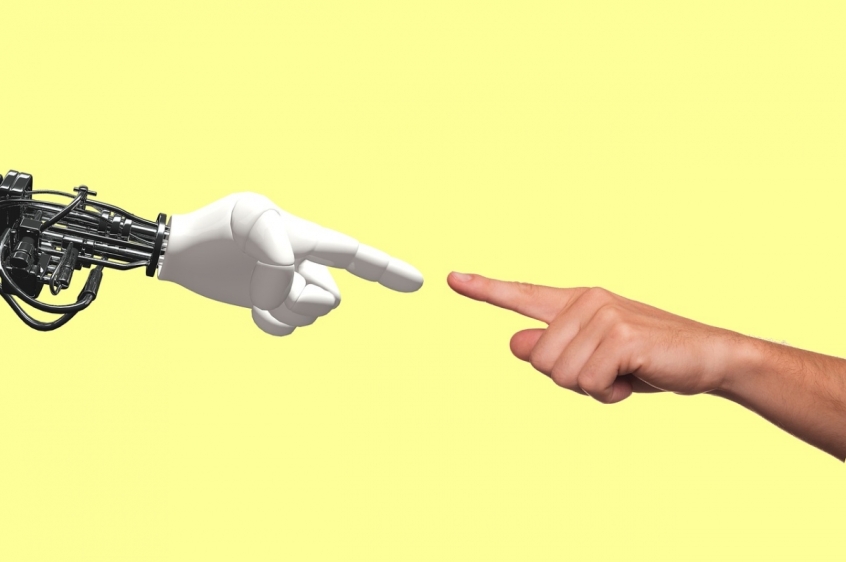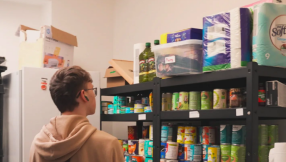There's nothing futuristic about robots and artificial intelligence (AI) any more. We have reached the point where they are fully present with us in our day-to-day lives, from automated machines in factories to SATNAV technology, sex robots, Siri and driverless cars. We are now a generation that is living alongside robots, from the boardroom to the bedroom. The decisions we make now in how we interact and use this technology will shape society for years to come.

The technology is only going to improve from here. The robots are going to get smarter and more human-like. It's vital that we begin to lay down boundaries. We don't want to drift towards this robotic age without thinking through all the implications. It starts by asking the right questions.
For example, as more jobs get taken over by machines, what effect will that have on society? Are there jobs that should always be carried out by humans? A global study in 2017 suggested that by 2030, across the world 800 million jobs would be lost to automated robots. Researchers from Oxford and Deloitte found 35 per cent of current jobs in the UK are at high risk of computerisation in the next 20 years. Did you know that Corby is the place in the UK most at risk from automation from a jobs point of view?
Robots are also playing an increasingly prominent role in caring for the vulnerable and the elderly. We are living longer and having fewer children. So, who will take care of us as we age? Japan already uses carebots to look after the elderly. In Britain, rising social care costs and our ageing population will put more pressure on the NHS. Are robots the answer? Robots could ease staff shortages in care homes, help support the elderly to live with dignity, but robots cannot replace human interaction. We must not end up in a position where robots are the only point of contact the elderly have.
God created humans to have dominion over all creation. He created us in his image. We must not forget that human beings are special, and the things that make us human should be protected. As humans we have always created tools which have enabled us to live different kinds of lives. We must keep in mind that robots are tools and human beings are extraordinary.
As robots begin to look more human-like, as we begin to interact and work alongside them, new relationships between humans and machines will develop. So, what constitutes appropriate behaviour and conduct between humans and robots? However humanlike a robot may be, it does not have a soul and no matter how sophisticated they may be, it is still some way short of the complex psychology we humans possess.
But what has this all got to do with the church? There's a real danger that we could end up coasting further into the technological age, completely unprepared. That must not be the case, as Christian teaching has some of the very answers we are seeking. The theology of Christianity helps us grapple with true human identity and traditional Christian teaching on love, respect and dignity will inform how we shape this new age.
The Christian church is also largest third sector volunteer organisation in the world and has historically been the organising point for charity, care giving and volunteering. As the workforce changes, churches face opportunities to rediscover their volunteering and organising roles.
To take advantage of the opportunities that robots and AI bring, but also to have a seat at the table when it comes to discussing the place robots have in society and the ethical implications, the church needs to stand up. We need to help think through what the future might look like. As CS Lewis famously said, we must live in the light of Christ's glorious return. But we must plan as if it is still a thousand years away.
That is why CARE has been getting involved. Last year we held two robotics seminars, one of them in Parliament. We also commissioned robotics expert Nigel Cameron to write a book, The robots are coming: us, them and God, which has proved very popular. Today we are holding a major conference, bringing together Christian thinkers, technological experts and church leaders so that we can begin the conversation together.
We don't want to run from this challenge. Nor do we want to be naïve. The church has teaching that is needed to shape the boundaries we set. The robots are coming. The question is: are we ready for them?
Nola Leach is chief executive of CARE.













